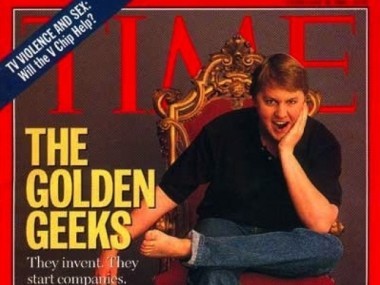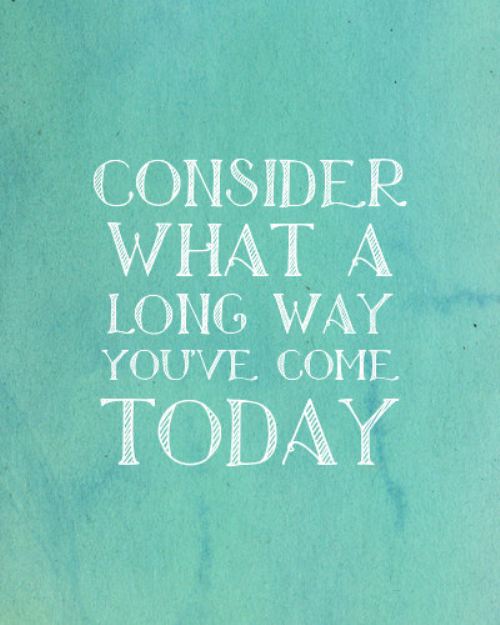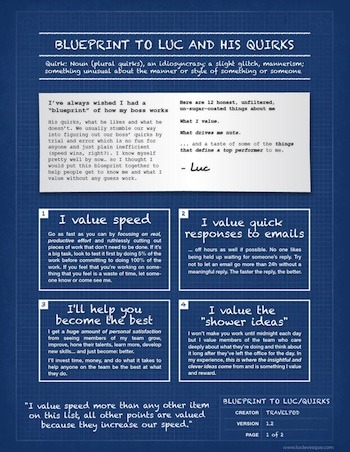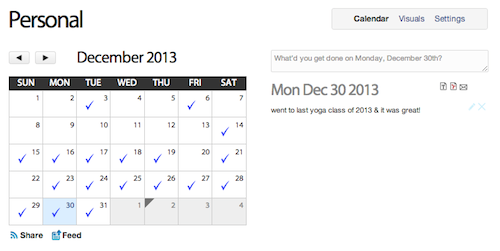I’ve noticed an interesting phenomenon among productive people: they often overlook their own productivity. The more productive you are, the more likely you are to get down on yourself and think at the end of the day, “I wasn’t very productive today.”
Because ambitious people measure themselves by their progress towards achieving audacious goals, they often can’t appreciate a single day’s worth of tiny, incremental advancements that they’ve made. Plus, the fuller your day is with activity, the harder it seems to pinpoint what exactly it is that you did at all.

Between starting Netscape, Opsware, Ning, and Andreessen Horowitz, Marc Andreessen has done monumental work in his career and seems particularly at risk to fall into this trap. To arm himself against the daunting imperative of making meaningful progress toward his big objectives, Marc came up with a system: the Anti-Todo List. It’s his way to stop and recognize his own accomplishments, measured not by a project’s impressive success, but in increments, to fuel his motivation for getting stuff done day after day.
Read more





 Dundee’s Tip of the Week: Did you know you could use an Alfred app extension to record your dones? Now you can update dones throughout the day with this shortcut!
Dundee’s Tip of the Week: Did you know you could use an Alfred app extension to record your dones? Now you can update dones throughout the day with this shortcut!



